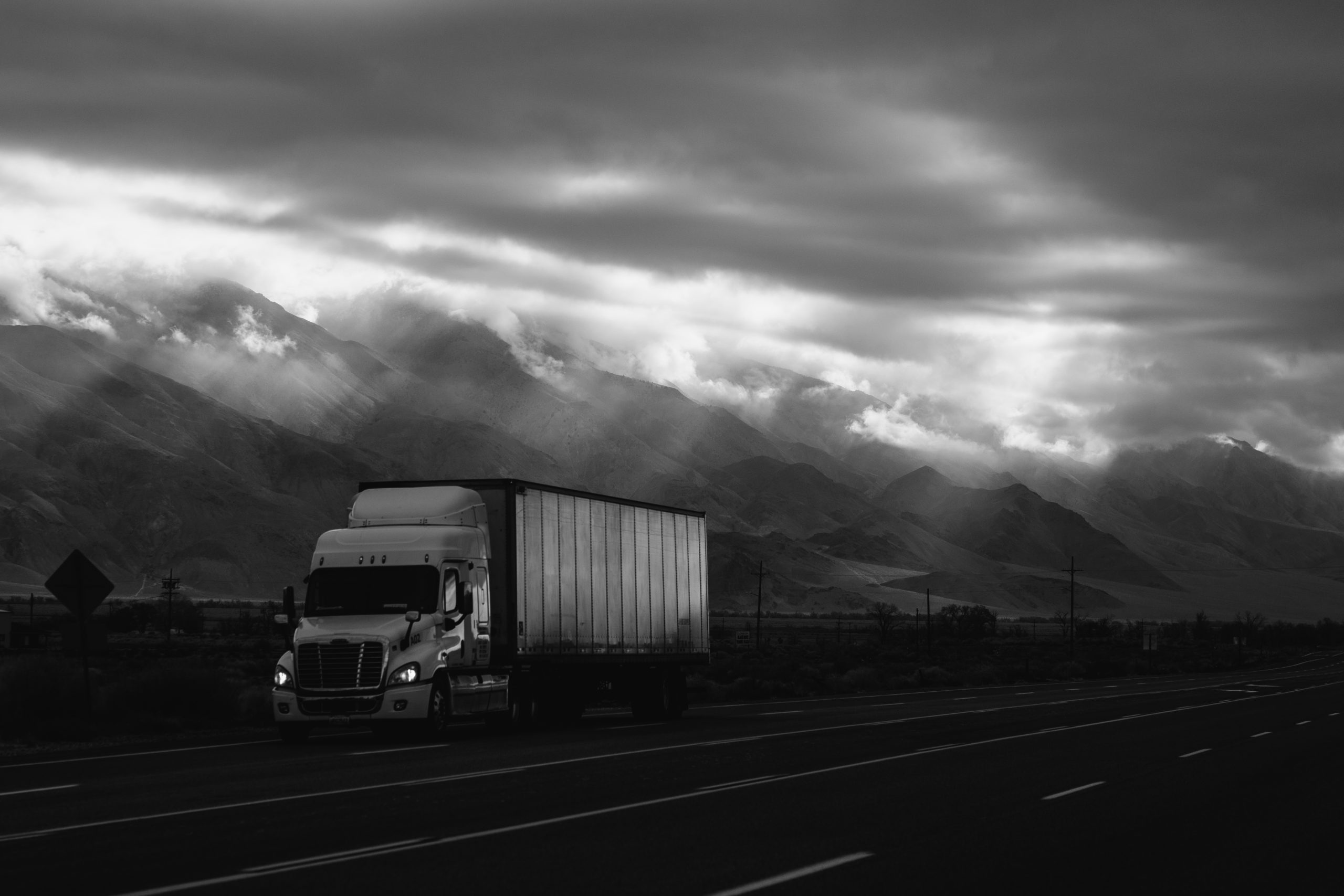My takeaways from a head-filling set of private meetings on the topic of the economy and the disparity in our society: The wealth disparity is real. The disenfranchisement is real. The lack of a future is real. The impact on health, family, and the person is real…and it’s going to get worse.
Starting with the Federal Reserve chair, the chair of Hillary Clinton’s campaign, and lastly, the former president and builder of the largest labor union in the U.S. the conversations revealed that among the things that are right now in flux are:
- the definition of work
- the stratas & segments of jobs
- the compensation and rewards
- wealth creation vs simply getting by
- the length of our work day & work life
- the “standard of living”
- living wage jobs, for us and our kids.
I used to think it was the simple answer of education and re-education. I used to think it only applied to less-educated jobs and people. I used to think my kids were ok…in their lifetime.
Displacement
Globalization was just a starting point for the decline of the American middle class. The disappearance of middle-class high-wage manufacturing jobs won’t be solved by tariffs, tweets and corporate shaming. Those are not systematic changes.
As Andy Stern, the former president of the Service Employees International Union, put it, unions and bargaining made crappy work into good paying jobs. He notes that this period of high-wage blue-collar jobs was enabled and created by organizing labor. The natural course of labor and wages is to find the low-cost supplier, like what happened to create the hundreds of thousands of minimum-wage assembly jobs in China that make our smartphones.
Andy wasn’t defending the labor movement; in many ways, he’s now moved beyond the labor movement he helped create. He is looking at the evolution of “work” and the “worker.” (Stern’s 2016 book, “Raising the Floor,” makes the argument for a universal basic income as a 21st century response to increasing inequality.)
In this next decade, automation will change both physical and mental/cognitive work. Think about the change in the next five years: point-to-point self-piloting trucking, which will impact hundreds of thousands of jobs. (In 2014, there were about 1.8 million people driving heavy trucks, with median annual pay of about $40,000 – without requiring a college degree.)
Those displaced folks aren’t all going to be re-trained to become coders, graphic artists, or baristas. These truckers were told to work hard, run your own show, raise a family. Now what?
And even coders aren’t “safe.” Artificial intelligence will code. In financial services, robo-advisors and robo-portfolio managers are here.
Manufacturing will be replaced (substituted, augmented…) by automation and mass customization (3D printing & assembly).
It’s not about complete extinction, but it is about reductions and different. Now what? What if to employ more folks, job-sharing is a new “standard”? What if the Nordics got it right and 30 hours a week is standard? What if not working is not looked down upon?
Work and purpose
As our work lives get shorter, our lives are getting longer. The advancement in medicine and personal care will extend our lifetimes, in many cases far beyond the retirement actuarial plans.
In our society we are defined by our work. “We work, therefore, we are.” When work is not central or there is no work, what is our daily purpose? As we live longer, we’ll need that purpose sooner and longer.
This issue of income and wealth disparity goes far beyond politics and economics. Andy went so far as to call for a new branch of philosophy to address the issue of “purpose” in a world where work may not be a given.
What if the affected people who voted Trump are the front end of an insight they cannot name or articulate? Trump may not empathize or care or really want to address this pain. He and his cabinet may in fact benefit from these shifts. But he saw and understood this very real pain. Many observed that there was an unlikely intersection of these issues in both the Trump and Bernie Sanders campaign strategies, reflecting two sides of the same coin.
This issue is occurring across every developed country. The outlook: the tale of two economies is structural and real. The dislocation will require honesty and a new paradigm to address it. The stresses and fractures will likely evolve to become even more extreme in the next decade.
Neither party is taking this on. We are all using the comfort of yesterday to address a new set of structural challenges. Is there a new model to help us define capitalism, work, and purpose in this next era? And who will be listening?
I was listening to NPR and heard Pakistani novelist Mohsin Hamid, whose perspectives seemed appropo. “Contemporary culture in Pakistan, just like in America, is continuously hitting us with scary stuff, and so we are utterly anxious,” Hamid aid.
“I don’t want to be anxious in my day-to-day life; I want to try to imagine a future I’d like to live in and then write books and do things that, in my own small way, make it more likely that that future will come to exist.”











